Have you ever wondered if a human can survive without wisdom teeth? It seems like a strange question, but it is actually more common than you might think. Wisdom teeth are the third and final set of molars that usually come in during late adolescence or early adulthood. When they don’t come in correctly, they can cause a lot of pain and discomfort, leading many people to have them removed. But what if you didn’t have them in the first place? Could you survive with just 28 teeth? The answer is yes! A human can live a perfectly normal life with just 28 teeth, and it is even possible to replace missing teeth with dental implants or bridges in order to maintain a healthy diet and a beautiful smile. So if you’re wondering if a human can survive with 28 teeth, don’t worry – the answer is a resounding yes!
What are Wisdom Teeth?
Also known as third molars, are the last set of teeth that usually arrive in the mouths of humans in late adolescence or early adulthood. They are usually located at the back of the mouth, behind the second molars. They are important for chewing and grinding food, and they help to keep other teeth in place.
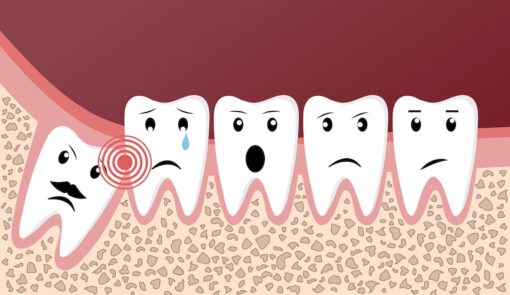
However, wisdom teeth often don’t come in correctly, which can lead to a host of oral health issues. When last teeth don’t come in correctly, they can become impacted, which means they are stuck in the gums and unable to erupt normally. Impacted wisdom teeth can cause a lot of pain and discomfort, and they can also cause other teeth to become misaligned. They can also increase the risk of cavities and gum disease. For these reasons, it is often recommended that wisdom teeth be removed.
What Happens When Wisdom Teeth Don’t Come In?
When they don’t come in correctly, it is often recommended that they be removed. This can be done through a surgical procedure known as an extraction. During an extraction, the dentist or oral surgeon will make an incision in the gums and remove the wisdom teeth. This can be done under general anesthesia, local anesthesia, or IV sedation. After the extraction, the patient may experience some swelling and discomfort. This is normal and should subside within a few days. In some cases, the patient may also experience some bruising or bleeding. If this occurs, it is important to contact the dentist or oral surgeon right away.
Can a Human Survive with 28 Teeth?
The answer is yes! A human can survive with just 28 teeth, and it is even possible to replace missing teeth with dental implants or bridges in order to maintain a healthy diet and a beautiful smile. There are several benefits to having fewer teeth. People with fewer teeth tend to have better oral hygiene since it is easier to keep their mouth clean and free of plaque and tartar. In addition, fewer teeth can make it easier to find foods that are easier to chew and digest. Finally, having fewer teeth can also be beneficial for people with TMJ or other jaw disorders, since it can reduce the strain on the jaw muscles.
Benefits of having fewer teeth
While having 28 teeth might seem like a disadvantage, there are actually some benefits to having fewer teeth. For one, it can be easier to clean and maintain proper oral hygiene with fewer teeth. Additionally, having fewer teeth can reduce the risk of cavities and other dental issues, as there are fewer surfaces for bacteria to accumulate. Finally, those with 28 teeth may find that they can eat a wider variety of foods, as their jaw has more room to accommodate different types of food.
Replacing Missing Teeth with Dental Implants or Bridges
If a person does not want to live with 28 teeth, there are several options for replacing missing teeth. Dental implants are one of the most popular options, as they are a permanent solution that looks and feels like real teeth. Implants are made of metal and are surgically implanted into the jawbone.
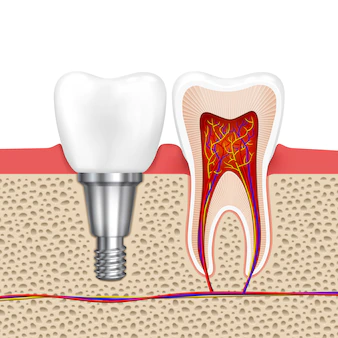
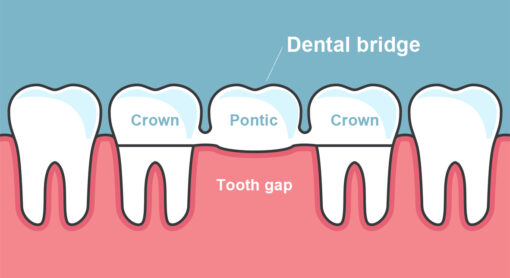
Once the implant is in place, a porcelain crown is placed on top to complete the tooth. Another option is dental bridges. Bridges are artificial teeth that are held in place by metal or porcelain crowns. Bridges are a good option for people who are missing one or more teeth and are looking for a more affordable solution.
How to Maintain Oral Health Without Wisdom Teeth
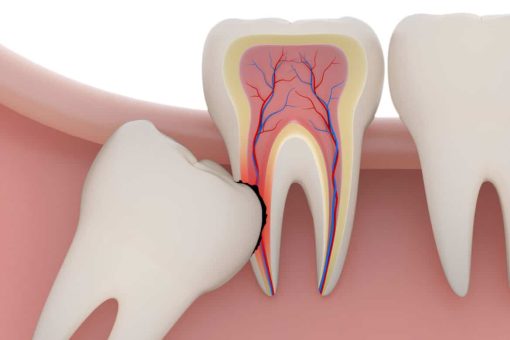
Even without wisdom teeth, it is still important to maintain good oral hygiene. This includes brushing twice a day, flossing at least once a day, and visiting the dentist for regular checkups and cleanings. It is also important to limit sugary and starchy foods, as these can increase the risk of cavities and gum disease.
It is also important to use the right tools when brushing and flossing. A soft-bristled toothbrush and waxed dental floss can help to keep teeth and gums healthy. Electric toothbrushes and water flossers can also be helpful for people with fewer teeth.
Tips for Proper Oral Hygiene for Those with 28 Teeth
For those with 28 teeth, it is important to be especially mindful of their oral hygiene. It is important to brush and floss thoroughly, paying special attention to the areas around the missing teeth. It is also important to use a soft-bristled toothbrush and waxed dental floss.
In addition, it is important to avoid foods that are hard or sticky, as these can be difficult to chew and can damage the remaining teeth. It is also important to limit sugary and starchy foods, as these can increase the risk of cavities and gum disease. Finally, it is important to visit the dentist regularly for checkups and cleanings.
Common Misconceptions about Wisdom Teeth
There are many misconceptions about wisdom teeth. One of the most common is that they are unnecessary and should be removed as soon as they appear. This is not true. In many cases, wisdom teeth can be helpful and can even improve oral health.
Another misconception is that wisdom teeth are always painful. This is also not true. While wisdom teeth can cause pain and discomfort, this is not always the case. In fact, some people never experience any pain or discomfort from their wisdom teeth.
Finally, another misconception is that wisdom teeth should be removed as soon as possible. This is not necessarily true. In many cases, it is best to wait and see if the teeth will come in correctly. If they don’t, then it may be necessary to remove them.
Conclusion
In conclusion, a human can survive with just 28 teeth. Wisdom teeth are the third and final set of molars that usually come in during late adolescence or early adulthood. When they don’t come in correctly, they can cause a lot of pain and discomfort, leading many people to have them removed. But what if you didn’t have them in the first place? Could you survive with just 28 teeth? The answer is yes! A human can live a perfectly normal life with just 28 teeth, and it is even possible to replace missing teeth with dental implants or bridges in order to maintain a healthy diet and a beautiful smile. So if you’re wondering if a human can survive with 28 teeth, don’t worry – the answer is a resounding yes!


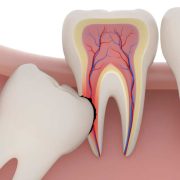
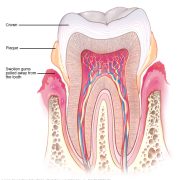



it is very valuable information